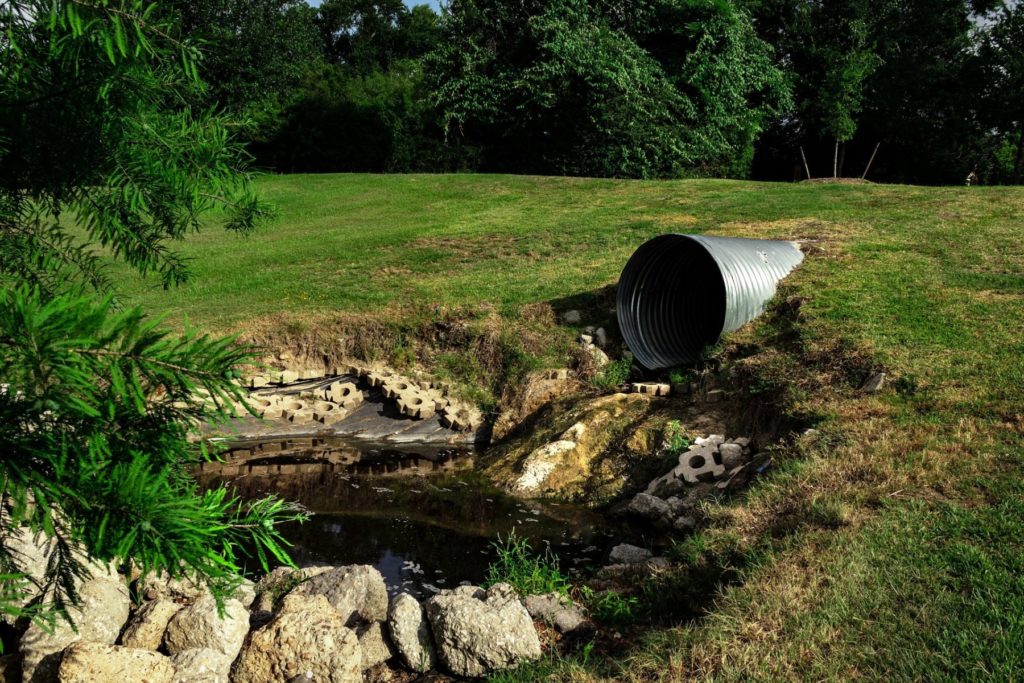How do dirt and leaves from the side of the road become pollution in lakes and ponds? As we enter storm season, your city workers will be hard at work preparing your streets by keeping them clean and free of debris. But it is also important that you remember to do your part in keeping your city clean and safe during storm season.
During storms, water carries loose debris into our bodies of water. Ponds, lakes, rivers, and streams end up collecting pollution from us every time it rains. The best way to approach this problem is to be proactive and have a prevention plan.
How Your City is Preparing
Your street sweepers will use large trucks fitted with heavy-duty brooms specifically designed to pick up dirt and debris along your streets. First, the gutter broom gets into the gutters of the road to sweep debris inwards. Towards the middle of the sweeper, a brush called a main broom pushes the dirt into a tank. The dirt and trash are then responsibly disposed of by your municipal workers. Your city does this on a regular basis so that in the event of a large storm, the trash and debris do not flow into our lakes and rivers.
Are you aware that you may be guilty of these pollutants?
Many of our daily and weekly activities can contribute to pollution. For example, cutting our grass creates grass clippings that end up in the lakes. These clippings can cause nutrient deficiencies that can make algae bloom. When the algae become dominant in a lake, the fish and other aquatic life can die from the lack of oxygen. When washing our cars, the detergent residue gets washed off the car and into the street. This too gets into the storm drains and ends up polluting our water as those chemicals are harmful to plants and wildlife. Fertilizers and pesticides can be harmful to our water as well.
How You Can Help
- When cutting our grass, the clippings collect and thrown away or raked up.
- After lawn maintenance, we can water the lawn so that heavy storms won’t wash fertilizer off into the storm drains.
- If you smoke, carrying a portable ashtray.
- When we have events that are outside, we need to have as many trash cans as possible so that people are likely to use them and not leave their trash on the ground. Doing that makes clean up afterward faster, and leaves less behind for pollution.
Storm season is a dangerous time for lakes. Without the frequent sweeping from street sweepers, all of the debris from roads would end right up in the lakes. Being proactive about keeping streets clean is the only effective way to get less pollution into our lakes. Your city does their part with street sweepers, but it’s important that you do your part as well.


